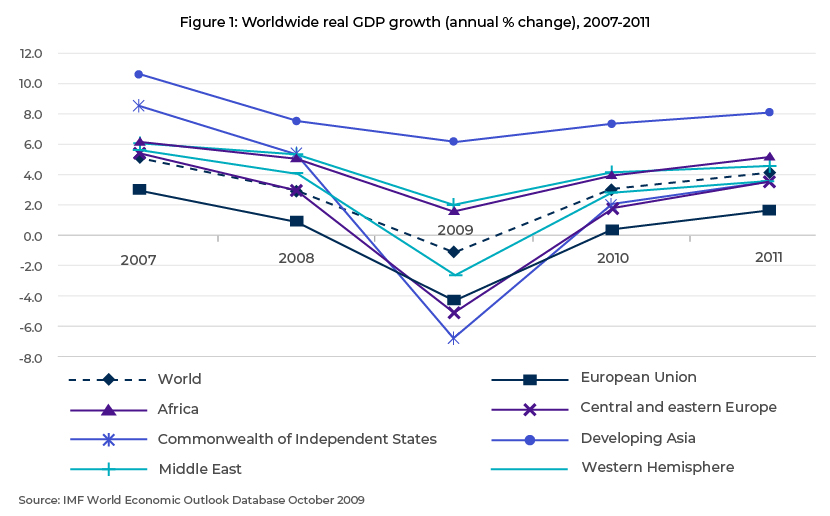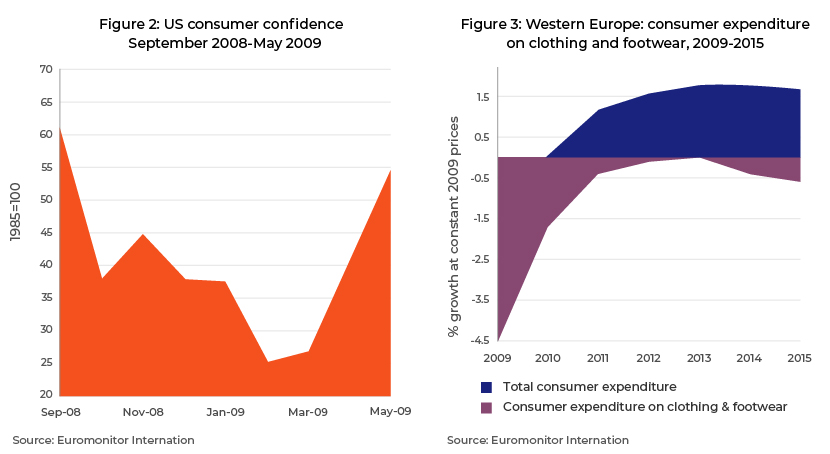Published on July 1, 2020 by Jitendra Verma
Every development has its pros and cons, and globalisation is no exception, helping further the spread of the COVID-19 crisis. It is hard to believe coronavirus has impacted so many countries to more or less the same extent in such a short span. Economies, governments, businesses and non-profits worldwide have been the hardest hit, and they are finding it hard to cope with the changing dynamics.

Generally, external conditions influence our mindset – changes in consumers’ prospective posed a series of questions to the market research community, marking the beginning of adjustments for the fraternity amid the COVID-19 pandemic. Organisations may not need the same information as before, but important decisions still need to be made, based on facts/evidence and not merely assumptions. Consumer psyche can be ascertained through consumer feedback on a specific set of questions. Given the prevailing circumstances, market researchers play a critical role – client assistance in decision-making by offering relevant, effective and time-based information.
We see a shift in the performance of business verticals based on the hierarchy of needs – few have crumpled under the onslaught of the COVID-19 pandemic, but many look sustainable. In fact, some segments are performing quite well – pharma, heathcare, agro and essential goods, among others. Market research can provide a lifeline by helping underperforming segments identify a strategy to redeem themselves, aiding sustainable verticals in exploring areas where more focus is required and setting new benchmarks for high-performing domains.
Organisations need to be aware of the following aspects in a changing world.
1. Consumer behaviour and expectations amid the crisis
The COVID-19 pandemic has multiple implications, which have been evaluated in many studies. These studies have concluded consumer behaviour, as well as their sentiments, fears and expectations, is shifting considerably in every geography. Historical data are insufficient in these unprecedented times. Understanding the evolving consumer behaviour will enable companies to draw future plans and business strategies that measure up to customer expectations.
However, some broad lines (macro overviews) can be drawn through secondary research using transition-phase data of previous pandemics or recessions – market volatility, demographic changes, domain functionality, price variability, purchasing power and consumer confidence, to name a few. For example, one can analyse the transition in real GDP growth in multiple economies during the great recession (Figure 1), fluctuations in US consumer confidence (Figure 2) and Western Europe’s overall expenditure change vs expenditure in clothing and footwear (Figure 3).
2. Brand image and competitor positioning
Gaining insights into customer psychology is a function of the way we design studies and collect responses. Brand tracker studies must show trends significantly different to the current wave considering fundamental changes in attitude/behaviour of respondents. Perhaps we need to deep-dive for analysing brand trust and buying behaviour among consumers.
Fresh approaches and methodologies, based on customers’ new orientation, are required to identify new competitors in depressing times such as the current one. Stand-alone studies should be the priority rather than trackers; other obvious solutions can be omnibus or custom studies; however, there could be other possible alternatives to consider.
3. Attributing brand features
COVID-19 will leave a lasting impression. There must be a significant swing in consumer choices until the economy recovers. They will be forced to trim expenses, trade less and defer purchases in some categories, contrary to other segments. In the initial phase, choices will vary widely. However, as normalcy returns, their mindset and perception will undergo a change. The big question facing companies will be whether consumer loyalty would remain intact.
Brands need to reevaluate their image and ensure they are well positioned for the recovery, as well as develop a mechanism to assess business headwinds and tailwinds. They also need to be aware of the current landscape and plan future investments.
In addition, we’re experiencing the following time-based scenarios:
-
More likelihood of connecting and providing responses: Despite the difficult time, people want to provide inputs. Data collection teams always “bother” respondents, especially CXOs, when they ask for their inputs on new or existing products. However, unlike in the past, respondents are now likely to be more enthusiastic to surveys.
-
Temporary suspension of studies: Many clients have paused or cancelled multiple studies. This is a transient phenomenon as companies take stock of the situation to adjust their business plans and priorities before prepping blueprints to tackle the situation and address concerns about cash preservation.
In conclusion, customer insights are as significant as essential goods in driving critical business decisions in a shifting landscape, where historical data no longer serve as a reliable indicator of what the future holds – this is where market research will play a key role.
Acuity Knowledge Partners’ dedicated market research team has expertise in a range of functionalities, including marketing analytics, data management, data collection, business intelligence and other associated services. Click here to explore our complete suite of services.
Sources
https://go.euromonitor.com/rs/805-KOK-719/images/F%26N2008_v0.1.pdf
Tags:
What's your view?
About the Author
Jitendra Verma has over a decade of experience in market research; at Acuity, his role is versatile ranging from data management to reporting, but primary focus is in marketing analytics engagement. His expertise includes many verticals like Banking, Pharma, Retail, Telecom and IT primarily in predicting consumers’ psychology and brand behavior. He holds bachelor degree in engineering, IT.
Like the way we think?
Next time we post something new, we'll send it to your inbox








